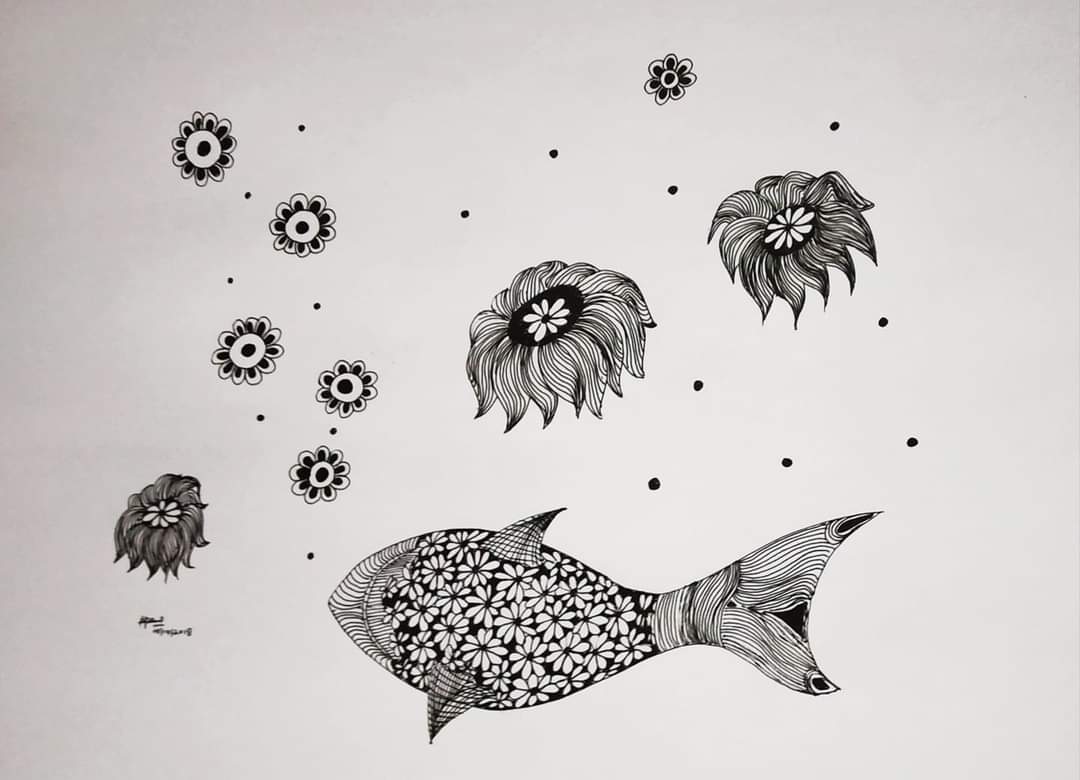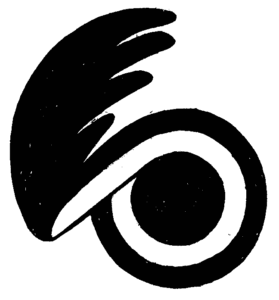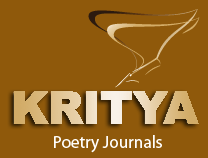
In the Name of poetry

IN THE NAME OF POETRY: POETRY AND WOMEN
“ For women, poetry is not a luxury. It is a vital necessity for our existence. It forms the quality of the light within which we predicate our hopes and dreams toward survival and change, first made into language, then into idea, then into more tangible action.”
-Audre Lorde
Since ages and across the culture women are more close to words than to silence and the medium of poetry have always played an important role in the process of communication in women’s life. Poetry written by women opens up like linen of plentitude and possibility in every culural scenario. Women write to record their history and as a part of the common legacy of literary history. Female poetic practise forms an important part of women‘s literary history.
Modern women writers reflect feminism and elaborate female identity in their works; of course, writers’ movement, their techniques and thematic works are necessary to understand women’s issues and feminine concepts in different situations and stages of their life. They develop a female framework through figurative languages. Women’s poetry is all about decoding the silence, this is a search of the unspoken. Poetry is often been noted as a form of resistance and a powerful way to give voice to those who do not have it. Through the richly woven carpet of women’s poetry, ornamented by various texts and texture women express themselves and mould their destiny. Their voices filled with the enormous power of language and individuality. In them exists an obsession of writing and speaking with subversive tradition.
Already in ancient time Greek poet Corinna wrote with irony:
„I blame Myrtis,
gifted through she is,
that she, a women,
dared take on Pindar.“
During medieval period in India, during Bhakti Movement saints poetess like Meera Bai, Lal Ded, Akka Mahadevi and Ammaiyar use poetry as the form of expression to oppose the orthodox patriarchy, creating a space for women to breath and thus established a long line of women poets who challenged pedantry and emphasized the intense and mystical experience. However, their writings have remained within the framework of the pre-defined image of a pious woman. Later Women‘s Liberation Movement enables women poets to challenge and resist the process of looking at the gender in an orthodox way.
One of America’s renowned feminist poet and activist Adrienne Rich, who devote her work to investigating the relationship between poetry and politics in her life writes in one of her most well-known poem‘ What Kind of Times are These‘
There’s a place between two stands of trees where the grass grows uphill
and the old revolutionary road breaks off into shadows
near a meeting-house abandoned by the persecuted
who disappeared into those shadows.
And I won’t tell you where it is, so why do I tell you
anything? Because you still listen, because in times like these
to have you listen at all, it’s necessary
to talk about trees.
Eminent feminist poet of India Kamla Das uses powerful language to speak of hopelessness in a patriarchal society.
“All around me are words, and words and words,
They grow on me like leaves on a tree,
They never seem to stop their coming,
From a silence, somewhere deep within…”
It is worthwhile to quote Muriel Rukeyser’s famous lines, “If just one woman told the truth about her life/The world would split open,” Women’s poetry is not grandiloquent, but personal as well as historically elusive. It is difficult to speak of women’s poetic tradition and to define them as modernist or post-modernist, minimalist or baroque; however, their poetry creates history in an isolated way within a collective framework. They are not characters of their poem; they are the narrator of their own destiny.
Poets like Sapho, Elisabeth Barret Browning, Emily Dickinson, Sylvia Plath, Anna Akhmatova, Gabriela Mistral, Wisława Szymborska, Sarojini Naidoo, Maya Angelou, Adrienne Rich, Marianne Moore, Audre Lorde, Kamla Das, Mary Oliver have already carved a niche for themselves. Apart from these poets, there are a plethora of poets whose name is not possible to mention here but the poetry of all these poets is united by deep and powerful reflection on their surroundings and the common history shared by women irrespective of their national boundaries.
We may say that women poets have now secured their place in literary history. In words of Virginia Woolf, they have already found a room of their own, Nevertheless, economic, social and psychological barriers still stand in the way of production of art and for that matter literature especially poetry by women and the full acceptance of women artists and writers in the mainstream literary and artistic scenario.
Still, you find a handful of women in the anthologies. Poetry written in a framework of a male-dominated literary criticism has not given due recognization within the canon of contemporary literary discourse. In most of the time, the readers remain clueless about the existence of wonderful women poets who depict their inner and outer world in words.
Though Emily Dickenson secured a place in literary discourse, no women poet could come close to canonization before romantic period. Neither the suffrage era nor the feminist movement of the sixties could correct that skewed balance. So the question is whether not many women indulge in this faculty. The reality is that they did not have access to publish their poetry, In nineteenth-century women have to hide behind the pseudonym to get their work published. By twentieth-century women emerge as fine journalists, novelist, poets and dramatists. But at the same time, significant magazines have male editors so also the editors of standard anthologies, the bosses of the renowned publishing houses were also male. Major poets who were anthologized, published and republished ultimately shapes the history of poetry. The tendency to allocate women poets in general to second-class status has fundamentally associated with neglect of their work. Even now when more women than ever before are writing and publishing poetry and have been made a major contribution to every literature across the culture you can find a minimal representation of women in important anthologies. Anthologies of the English translation of world poetry tend to use a few of them. The contribution of women poets in Latin American poetry was never discussed until Gabriela Mistral own Nobel prize. In Asia, male critics snub the contribution to the history of poetry by assigning them a separate space in poetry, naming it as poetry written by women as if their contribution is not worth to be included in major national and international anthologies. Women often find places in all women anthologies and thereby jeopardize their position in mainstream literature. Except for a couple of names, you neither come to know about the existence of fine poets nor about their poetry. So it is high time that the boundless landscape of voice and vision of women’s poetry should find their due place in literary history.
Let me conclude with the poem of Maya Angelou, one of the most inspiring poets of our time. In her most renowned poem „Still I Rise.“ Which is an anthem for the struggle against injustice, it is a poem that celebrates the strength of women and the human spirit.
You may write me down in history
With your bitter, twisted lies,
You may trod me in the very dirt
But still, like dust, I’ll rise.

